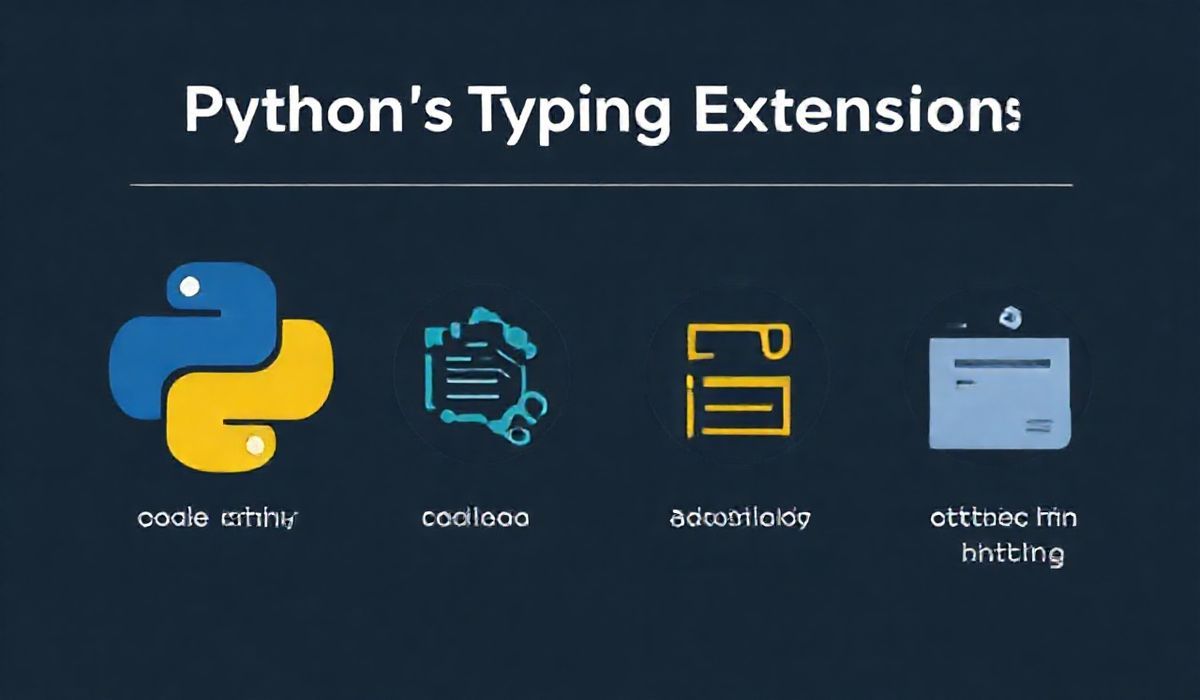Introduction to Hacking: Exploring the World of APIs
Hacking is not just about breaking into computers; it’s about understanding systems, finding vulnerabilities, and exploiting them for various purposes. In this article, we will delve into dozens of useful APIs and provide code snippets to help developers harness the power of hacking techniques for their applications.
1. What is an API?
An API, or Application Programming Interface, is a set of rules that allows different software entities to communicate with each other. APIs play a crucial role in the development of software applications, enabling developers to build complex functionalities efficiently.
2. Common Hacking APIs
2.1. Shodan API
Shodan is a search engine for Internet-connected devices. Its API allows developers to query the Shodan database for information about specific IPs or search terms.
import shodan
SHODAN_API_KEY = "YOUR_API_KEY" api = shodan.Shodan(SHODAN_API_KEY)
# Lookup IP ipinfo = api.host('8.8.8.8')
print(ipinfo) 2.2. VirusTotal API
VirusTotal provides a free API to check files and URLs for viruses, worms, trojans, and other kinds of malicious content.
import requests
url = 'https://www.virustotal.com/vtapi/v2/url/report' params = {'apikey': 'YOUR_API_KEY', 'resource': 'http://www.example.com'}
response = requests.get(url, params=params) result = response.json()
print(result) 2.3. HaveIBeenPwned API
The HaveIBeenPwned API allows you to check if an email address has been compromised in a data breach.
import requests
email = "test@example.com" url = f"https://haveibeenpwned.com/api/v2/breachedaccount/{email}"
response = requests.get(url) result = response.json()
print(result) 3. Building a Hacking Alert Application
Let’s put these APIs into practice by building a simple Python application that alerts you if any of your monitored IPs are compromised.
3.1. Code Example
import shodan import requests
SHODAN_API_KEY = "YOUR_API_KEY" VT_API_KEY = "YOUR_VT_API_KEY" HIBP_API_KEY = "YOUR_HIBP_API_KEY"
def check_shodan(ip):
api = shodan.Shodan(SHODAN_API_KEY)
return api.host(ip)
def check_virustotal(url):
params = {'apikey': VT_API_KEY, 'resource': url}
response = requests.get('https://www.virustotal.com/vtapi/v2/url/report', params=params)
return response.json()
def check_hibp(email):
url = f"https://haveibeenpwned.com/api/v2/breachedaccount/{email}"
response = requests.get(url)
return response.json()
ips_to_monitor = ['8.8.8.8', '1.1.1.1'] urls_to_monitor = ['http://example.com'] emails_to_monitor = ['test@example.com']
for ip in ips_to_monitor:
ip_info = check_shodan(ip)
print(f"IP Info for {ip}: {ip_info}")
for url in urls_to_monitor:
url_info = check_virustotal(url)
print(f"URL Info for {url}: {url_info}")
for email in emails_to_monitor:
email_info = check_hibp(email)
print(f"Email Info for {email}: {email_info}")
And there you have it! A simple yet powerful application that utilizes various hacking-related APIs to keep track of potential threats and vulnerabilities.
Hash: 42d83a899f20aea7d53614d163ac6e90cf4143919324cee410dd767cf6225bbf




